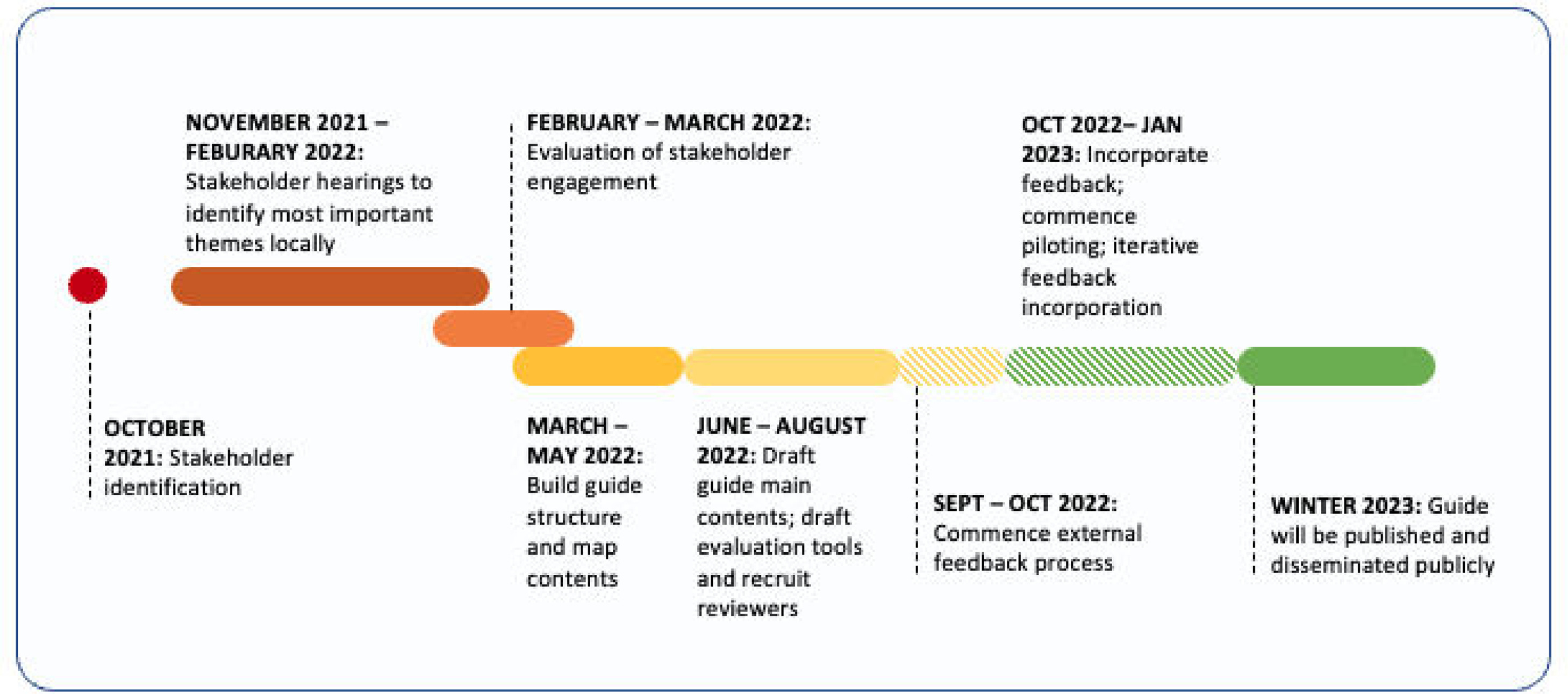Elsevier,
The Lancet, Volume 400, 5 November 2022
This Comment article supports SDGs 3, 6, and 13 by highlighting that Africa has suffered disproportionately from the climate crisis; extreme weather such as severe flooding has damaged the water and food supply, increased food insecurity and malnutrition, and led to loss of cultivated land, shelter, and livestock.
Elsevier,
The Lancet Planetary Health, Volume 6, November 2022
This Article supports SDG 6, focusing on the variation in water insecurity between different sociodemographic groups in low-income and middle-income countries. The authors suggest that indiviudal-level measurements are needed to guide policy interventions that will serve those most in need.
Elsevier,
The Journal of Climate Change and Health, available online 21 November 2022, 100188
Climate justice and health education can address the disproportionate health impacts of climate change on minoritized communities by providing frameworks to build awareness and instigate action on climate-related health inequities.
Elsevier,
Psychiatry Research, Volume 317, November 2022
This article ties to SDG 3. It outlines some of the epidemiology of the consequences of war, the mental health sequelae specifically, and the complexity of providing culturally and contextually relevant interventions that meet the needs of children.
Elsevier,
Child Abuse and Neglect, Volume 133, November 2022
This article ties to SDG 3. The aim of this systematic review is both to summarize findings regarding the prevalence of mental health disorders among unaccompanied refugee minors (URM) in European countries since the last available systematic review (October 2017), and to describe associated risk factors.
Elsevier,
Geography and Sustainability, Volume 3, Issue 4, December 2022, Pages 347-357
This article supports SDG 13 by demonstrating the climate change mitigation potential of different land-based options and highlighting the importance of analyzing their implications for biodiversity and other ecosystem services to support the design of solutions that can co-deliver for multiple challenges.
Elsevier, Neuropharmacology, Volume 218, 1 November 2022
This aritcle ties to SDG 3. This review is focused on the most widely used drugs for the pharmacological treatment of PTSD with a translational approach, including clinical and preclinical studies, to emphasize the need to develop safer and more effective medications.

